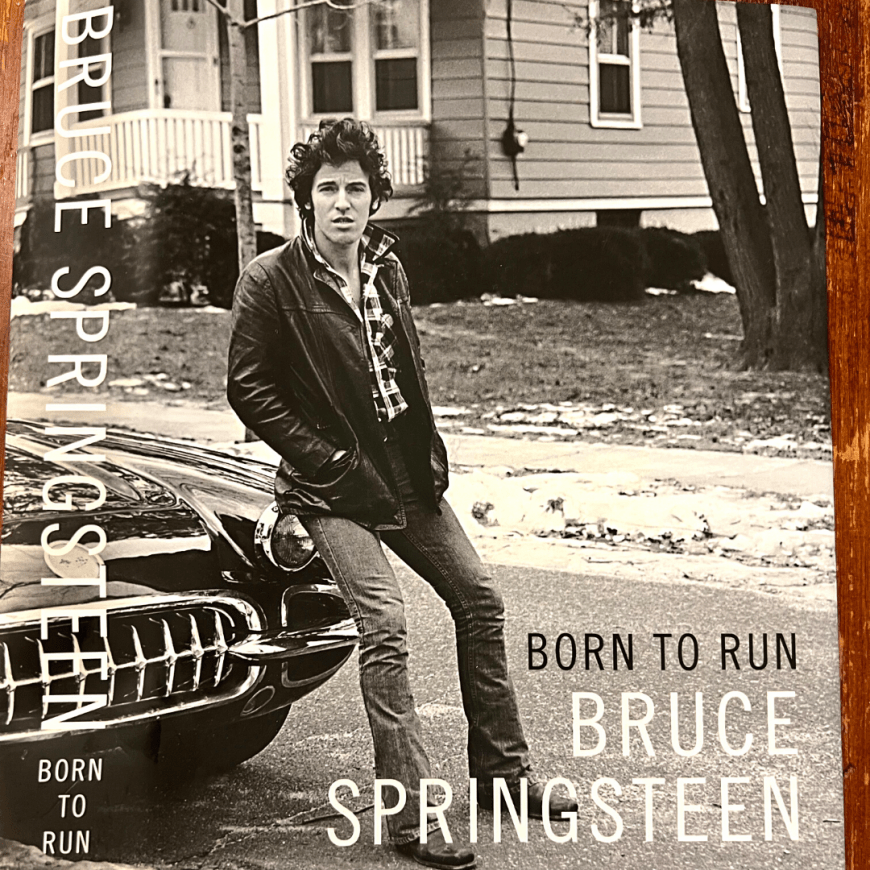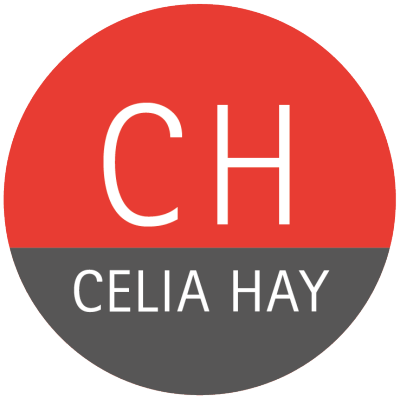Summer of Bruce
- 1 February 2022
- Celia Hay

Bruce Springsteen is one of those singers, whose distinctive, raspy voice is easy to identify even if the lyrics are hard to decipher.
He wrote an autobiography in 2016 which has been sitting on my bookcase since that time. This summer, I opened it to find this is more than the story of a rocker’s life, it shows extraordinary wisdom and definitely worth reading.
As Bruce started talking about his songwriting, my curiosity was piqued and I started to relisten to those early albums. In our vinyl collection at the farm, we have Born in the USA and Tunnel of Love but this year, I download the albums onto my iPhone via Apple Music and conveniently the app will also can present the lyrics.
I can honestly say that I had no idea that Born in the USA was a song about Vietnam veterans. Reading Bruce and listening to his songs, often while painting or gardening, has dominated my summer.
I was really captivated by his 3rd album, Born to Run (1975). Again reading the lyrics helped me understand the stories of the songs.
This album was the make or break for Bruce as he had a contract with Columbia Records for three albums. The first two, had not achieved the success and sales that would ensure a future contract. Bruce knew that this album needed to top the charts.
It took a while to write. He drew inspiration among others from Elvis, Roy Orbison and Bob Dylan and the Beatles and Van Morrison. What surprised me was the use of piano and brass instruments, especially the saxophone, in these early recordings. They are more than rock’n roll.
I like the ballads best: Meeting across the River, Thunder Road, Jungleland, and then She’s the one and The River, on a later album, written about his sister getting pregnant at 17.
Born to Run, made him famous and he commented that the songs from this album have continued to feature heavily in their live performance over the years.
While the musicians of the E Street Band were those making that vibrant music behind his lead, in the book Bruce describes that from the beginning that he was in charge and calling the shots. While a couple of members became famous is their own right; Clarence Clemons, the legendary saxophonist and Steve van Zandt, it was Bruce who was the star of the show. Interestingly, his future wife, Patti Scialfa joined the band in 1984 on guitar.
From Bruce:
“The heart of rock will always remain a primal world of action. The music revives itself over and over again in the form, of primitive rockability, punk, hard soul and early rap…Many of the music’s most glorious moments feel as though they were birthed in an explosion of raw talent and creative instinct (and some of them were!).
But… if you want to burn bright, hard and long, you will need to depend upon more than your initial instincts. You will need to develop some craft and creative intelligence that will lead you farther when things get dicey.
That’s what’ll help you make crucial sense and powerful music as time passes, giving you the skills that may also keep you alive, creatively and physically.
The failure of so many of rock’s artists to outlive their expiration date of a few years, make more than a few great albums and avoid water-treading, or worse, I felt was due to the misfit nature of those drawn to the profession. They were strong addictive personalities, fired by compulsion, narcissism, license, passion and an inbred entitlement, all slammed over a world of fear, hunger and insecurity.
That’s a Molotov cocktail of confusion that can leave you unable to make, or resistant to making, the leap of consciousness life in the field demands. After first contact knocks you on your ass, you’d better have a plan, for some preparedness and personal development will be required of you expect to hang around any longer than your fifteen minutes.
…Now, some guy’s five minutes are worth another guys’ fifty years…living fast, dying young…Personally, I’ll take Dylan, Stones, Who…I was suited for the long haul”.[1]
Bruce talks a lot about his family and growing up in working-class New Jersey. He describes his father as MIA – missing in action, an underachieving alcoholic and a loving mother who “always had my back”.
As you read through the book, it becomes clear that Bruce has had a lot of help to resolve many of his personal issues with the realisation that the unsorted baggage was weighing him down.
“All I do know is as we age the weight of our unsorted baggage becomes heavier, much heavier. With each padding year, the price of our refusal to do that sorting rises higher and higher…Or…I just got old…old enough to know better. Whatever the reason, I’d found myself, once again, stranded in the middle of…’ nowhere’ but this time the euphoria and delusions that kept me oiled and running had ground to a halt.
…Long ago, the defences I built to withstand the stress of my childhood, to save what I had to myself, outlived their usefulness, and I’ve become an abuser of their once lifesaving powers. I relied on them to wrongly isolate myself, seal my alienation, cut me off from life, control others and contain my emotions to a damaging degree. Now the bill collector is knocking, and his payment’ll be in tears.” [2]
Bruce Springsteen, Born to Run (2016) Simon and Schuster. London
